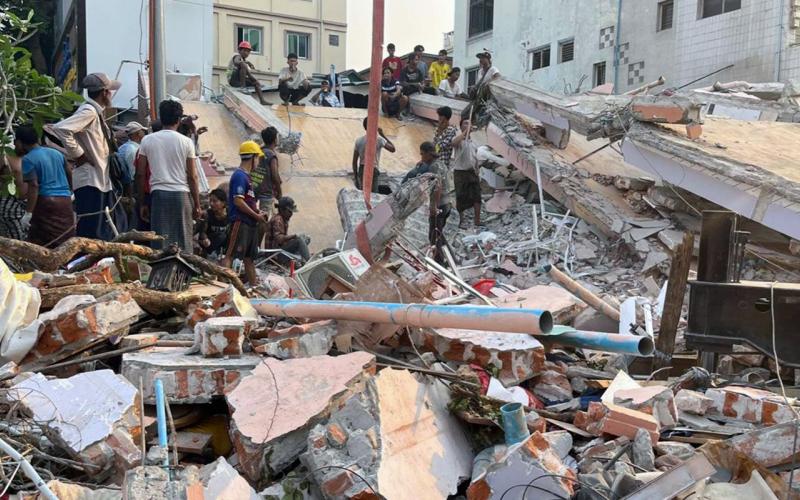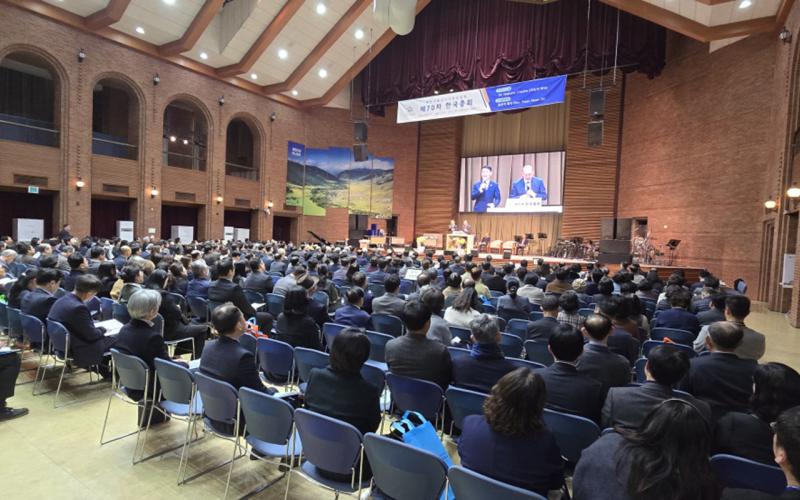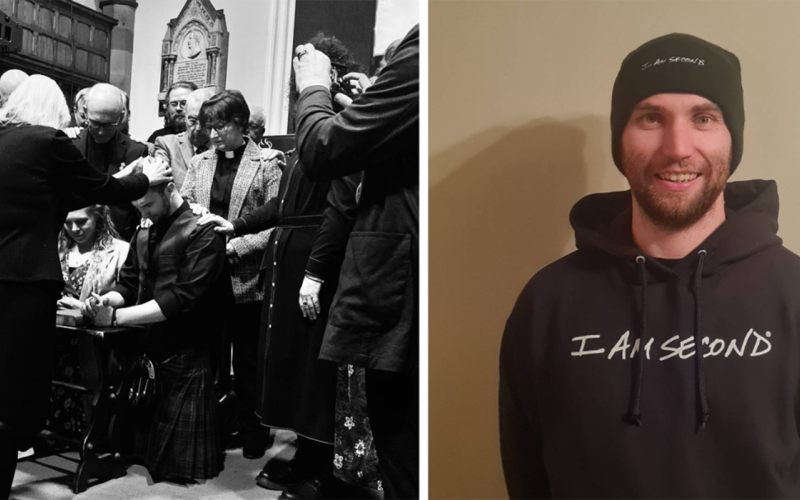
Peace march calls for end to violence against foreigners

Thousands of people participated in a peace march last week in Durban, South Africa, decrying the violence against foreign nationals that has erupted this month.
The violence has caused thousands of foreigners who are living in South Africa to flee their homes for displacement camps, and many have closed their shops. Six people have died in the last two weeks, according to the BBC, and more than 300 have been arrested.
This is not the first time such animosity toward immigrants has boiled over in South Africa. Tension is reportedly rising over jobs, as South Africa's unemployment rate is 24 percent.
"Armed groups have targeted shops run by African immigrants, accusing them of taking jobs from locals," the BBC reports. "Thousands of foreigners have fled their homes to shelter in makeshift camps, and neighbouring Zimbabwe, Malawi, and Mozambique have announced plans to evacuate citizens."
The current situation in Durban is deeply concerning, said Stanley Ushe, superintendent of the KwaZulu-Natal District, where Durban is located.
"I know a group of people who have been displaced and are now staying in tents, and their properties have been looted," he said.
Pastor Gabriel Benjiman of Morningside Community Church of the Nazarene in Durban attended last week's peace march.
Nazarene families who are foreign nationals in Durban have been affected by the upheaval, Benjiman said. Some of the families have lived in Durban for more than a decade, he said, but are now afraid to send their children outdoors or even to school.
Other church members who were living in informal settlement camps outside of Durban have now left, Benjiman said. He hadn't been able to contact them as of April 17.
"I have gone out to look for these families and was asked to leave the settlement for my safety," he said. "But we will continue to attempt to locate these brothers and sisters."
Church members are collecting blankets and canned and dried food for the displaced who are seeking refuge, Benjiman said, and some families have offered a place to stay for victims.
The peace march was a collective community effort to take a stand against xenophobia, and an estimated 10,000 people participated. Before the march, Pastor Benjiman and other religious leaders of various faith backgrounds met with local government officials.
"As a Nazarene minister, I ... felt the need to add a holiness/Nazarene voice to the discourse, especially because I pastor a multiethnic, multiracial church in the city," Benjiman said. "We marched, we spoke with our feet and placards calling for a united Africa. I was moved to deep emotions as a group of three foreign national teens clung to me and chanted with me: 'Phansi xenophobia! Phansi!' meaning 'Down with xenophobia! Down!'"
However, even the peace march was not immune to chaos. Eyewitness News reports that police used rubber bullets, water cannons, and tear gas to quell a large group that was disrupting the event.



